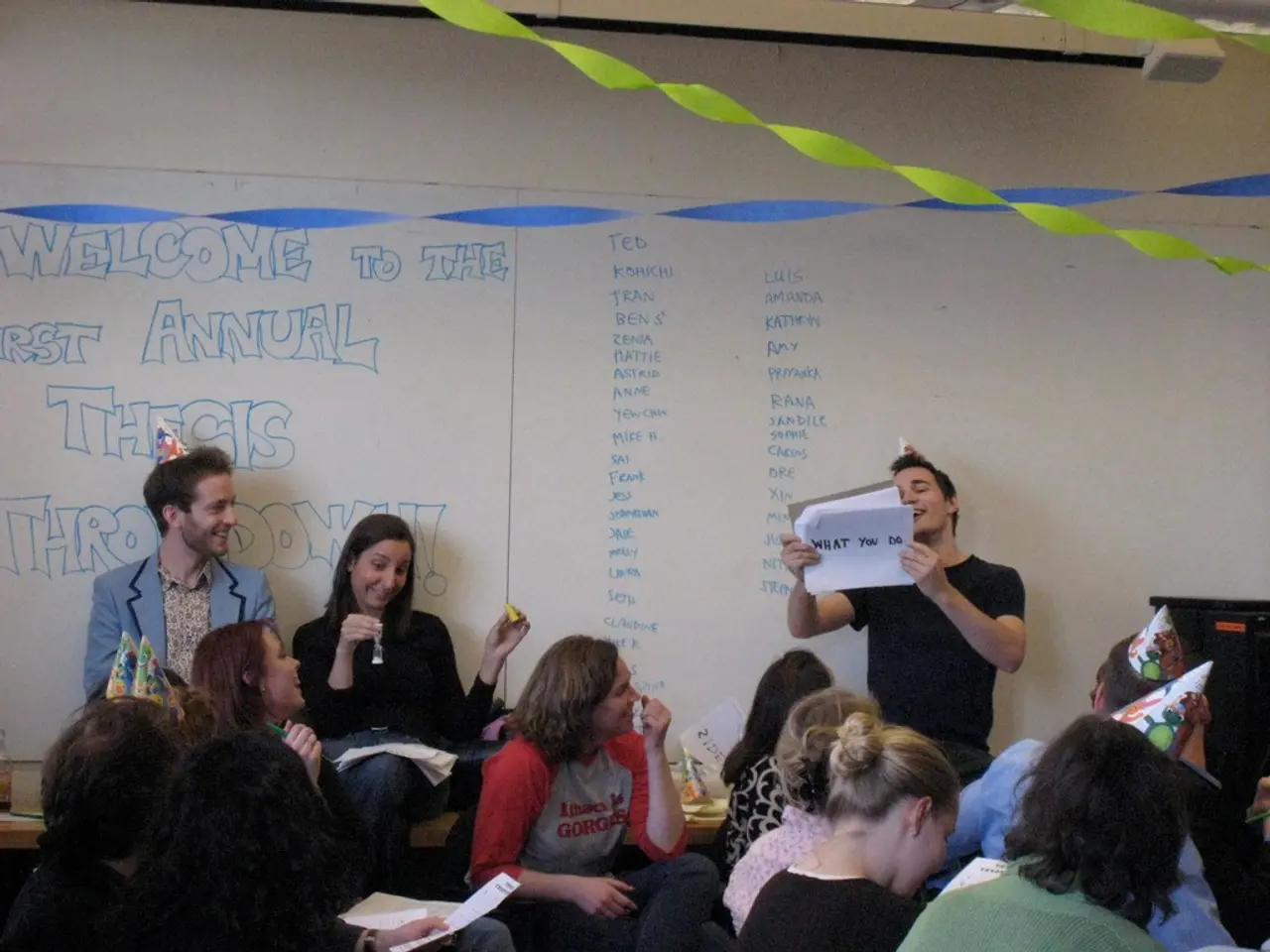Reaching Out Effectively to Academics via Email: Strategies for a Successful Response from University Professors
Cold-emailing professors for research opportunities requires a thoughtful and personalised approach. Here's a comprehensive guide on how to effectively reach out, focusing on understanding their research, aligning your interests, and demonstrating initiative and enthusiasm.
**Step 1: Research the Professor's Work**
Familiarise yourself with the professor's recent publications, projects, and research areas. This will help you tailor your email to show genuine interest and understanding of their work. Note specific aspects of their research that resonate with you, such as methodologies, findings, or applications.
**Step 2: Personalise Your Email**
Address the professor properly using titles such as "Dear Dr./Professor [Last Name]" to show respect. Highlight how their work aligns with your interests or goals, and emphasise your relevant skills that could contribute to their research.
**Step 3: Demonstrate Initiative and Enthusiasm**
Express your enthusiasm for the opportunity to work with them and contribute to their research. Suggest a meeting or a chance to discuss potential collaborations.
**Step 4: Keep It Concise and Professional**
Aim for a length of about one page. Clearly state your intentions without going into too much detail. Ensure that your email is free of grammatical errors and uses professional language to make a positive impression. Include a copy of your CV to provide a quick overview of your background and qualifications.
**Step 5: Follow Up Politely**
If you don't receive a response within a couple of weeks, consider sending a polite follow-up email to reiterate your interest and inquire about the status of your initial email.
By following these steps, you can craft an effective cold email that demonstrates your understanding of the professor's work, aligns your interests, and shows your initiative and enthusiasm for research opportunities.
Angel Toasakul, a student at Princeton, has successfully employed this approach in their memory research. Working with neurologists, psychologists, and researchers for almost two years, Toasakul is excited about the possibility of using computational neuroscience to study memory. Their early interest in memory research was sparked by the complexity of PTSD and its influence on perception, behaviour, and well-being.
Toasakul acknowledges that not all professors may respond, but sees value in the initiative and learning gained from the process. They express interest in contributing to a lab's work and learning more about computational neuroscience. Some labs prefer to onboard sophomores taking lab courses, while others prioritise juniors and seniors working on independent projects.
Professors appreciate thoughtful outreach and authentic enthusiasm. Understanding a professor's research helped the author write a more meaningful, personal email. The success of finding a lab that matches interests and aids growth depends on timing, resources, and the lab's preference for undergraduate involvement.
- In addition to cold-emailing professors, taking advantage of undergraduate research opportunities can further boost your education-and-self-development, providing hands-on experience and the chance to contribute to a junior paper or a specific research project.
- Skills-training and career-development activities such as undergraduate research can give you a competitive edge in the job market by enhancing your learning and problem-solving abilities, thereby preparing you for future endeavors.
- Pursuing undergraduate research not only advances your learning and career development but also provides a platform to showcase your initiative and enthusiasm – qualities that are highly valued by potential employers and graduate programs.




